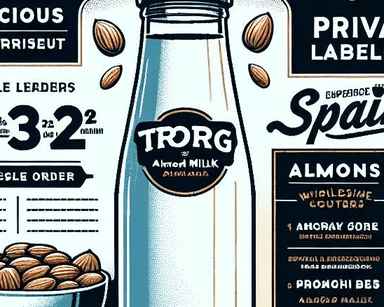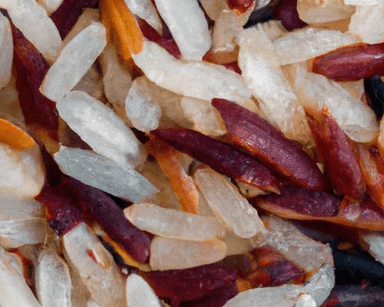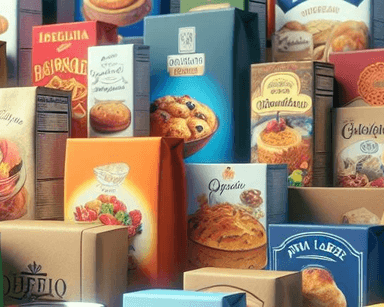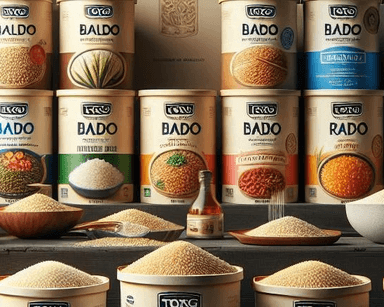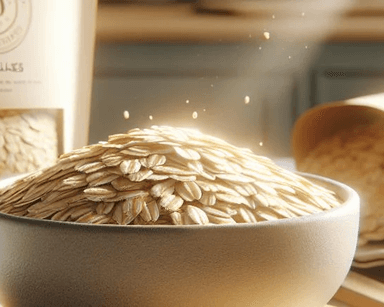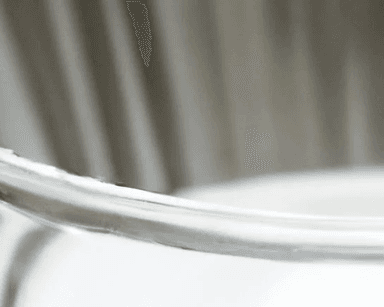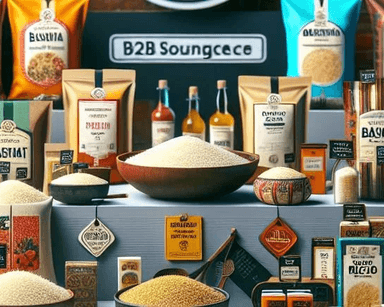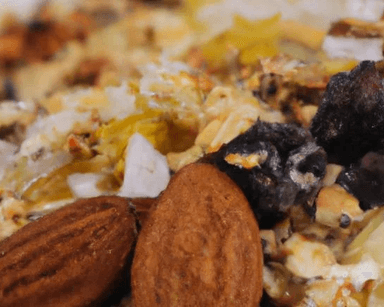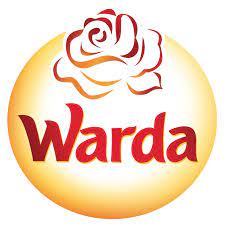What are the top Couscous producing countries?
When it comes to Couscous production, countries like France, Italy, Germany, and the Netherlands lead the market. These regions are known for their high-quality Couscous manufacturers and suppliers, offering a diverse range of products. Many of these countries also provide certified Couscous options, with certifications including IFS, BRCGS, and FSSC 22000, ensuring their compliance with international food safety standards. This makes them an attractive option for businesses looking for b2b sourcing opportunities in Europe and the Mediterranean.
What are Couscous packaging options?
Couscous packaging options are diverse, catering to various market needs and consumer preferences. Popular packaging formats include bulk bags, typically used for wholesale and foodservice, and smaller retail-friendly packages such as boxes and resealable pouches. Many manufacturers offer private label options, allowing businesses to customize packaging according to their brand. Top Couscous producers are situated in European countries like France and Italy, providing quality and flexibility in packaging solutions to meet b2b demands.
What are the top Couscous trade shows?
Trade shows like SIAL Paris, ANUGA in Germany, and TuttoFood in Italy are prominent platforms for Couscous producers and suppliers to showcase their products. These events attract buyers and sellers from around the globe, offering a perfect avenue for exploring sourcing opportunities and networking with wholesale distributors. Exhibiting at these trade shows enables Couscous suppliers to connect directly with potential b2b clients who are interested in organic, private label, and certified products.
What are the top certificates for Couscous?
Top Couscous certifications include IFS, BRCGS, FSSC 22000, and GACC. These certifications ensure that the Couscous products meet high-quality and safety standards required by professional buyers and retailers worldwide. Many European Couscous manufacturers, especially those in France, Italy, and Germany, are certified under these programs, providing their clients with assurance in sourcing Couscous that adheres to rigorous international standards.
What are the top Couscous trends in 2025?
Current trends in the Couscous market include organic and vegan options, catering to health-conscious consumers. The demand for premium Couscous has also increased as buyers seek high-quality grains. Additionally, many suppliers in Europe can produce Couscous in bulk, meeting the needs of larger foodservice operations and retail outlets. The flexibility in producing private label Couscous allows businesses to leverage branding opportunities, while complying with certifications like IFS, BRCGS, and FSSC 22000.
What are Couscous minimum order quantities (MOQ)?
Minimum order quantities for Couscous can vary depending on whether the product is branded or under a private label. For branded Couscous, MOQs typically range from 1,000 to 3,000 units. For private label offerings, the requirements are higher, generally between 50,000 to 100,000 kg. These MOQs reflect the needs of wholesale buyers and ensure that suppliers can meet the production demands of both foodservice sectors and large-scale retail operations.
Who are the best suppliers for private label Couscous in Europe?
The best private label Couscous suppliers in Europe include MIDSONA DEUTSCHLAND GMBH, PANZANI VITROLLES SAS, Glutenvrij Reform Le Poole B.V. and B.F. Agro-Industriale S.r.l.. These Couscous companies are known for their premium Couscous, flexible private label services, and efficient production, meeting the growing demand for high-quality, customizable Couscous products.



